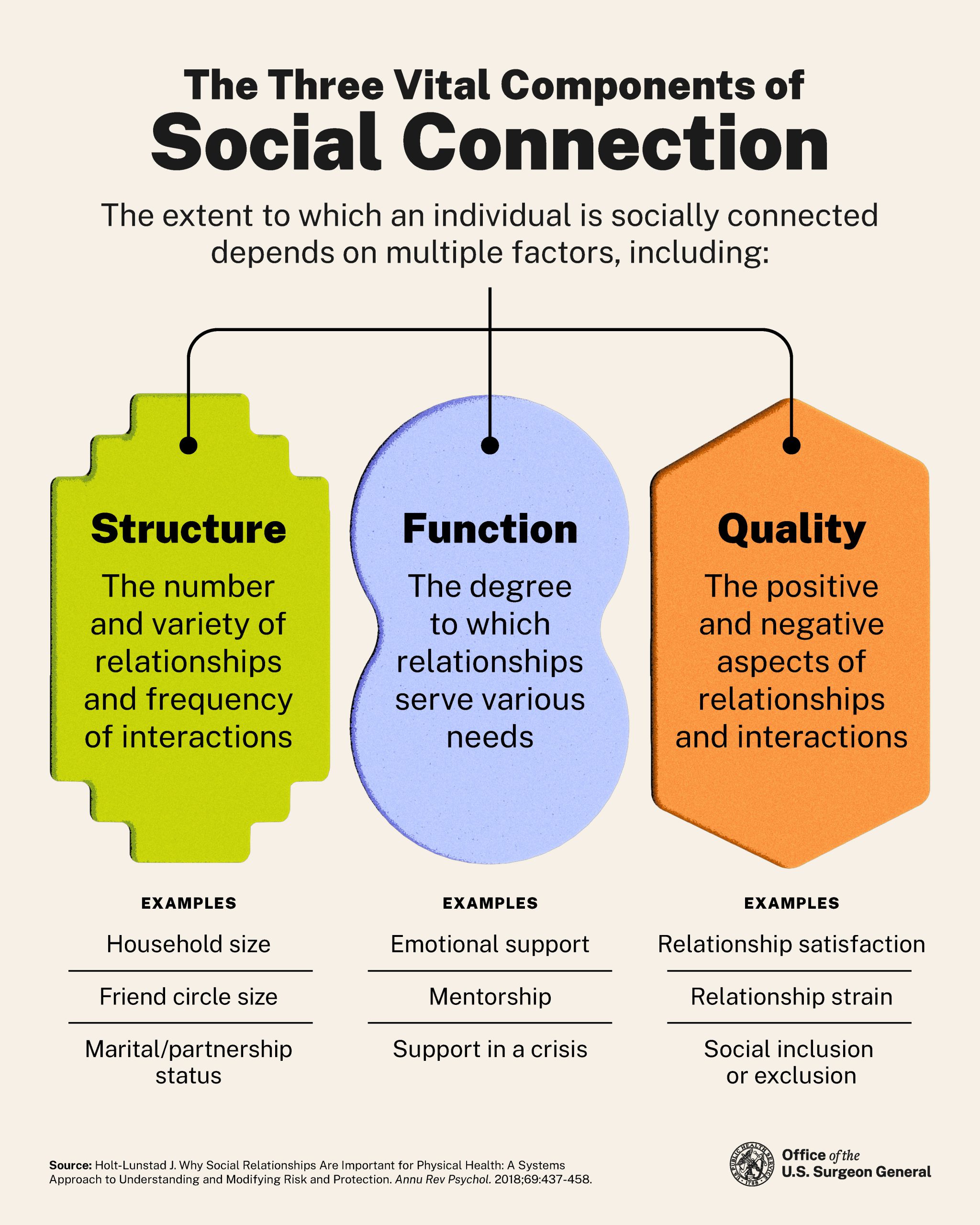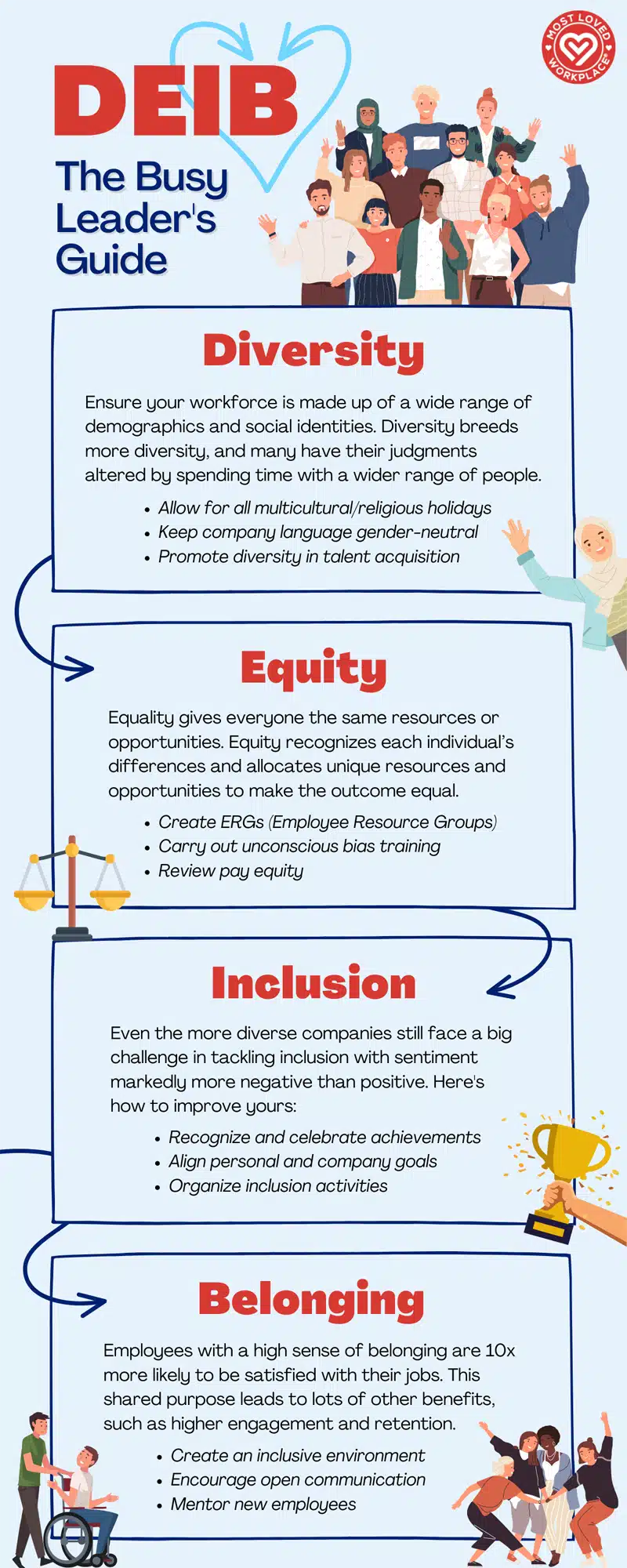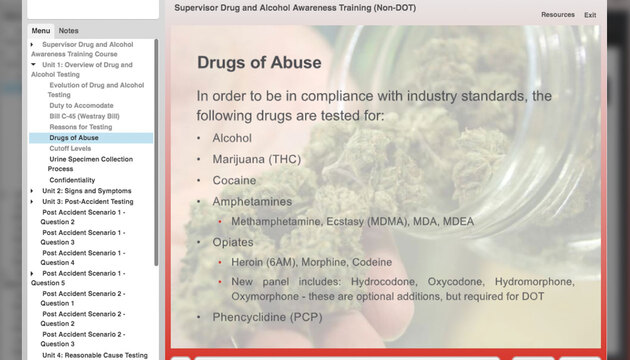How to Become a Health And Social Care: Step-by-Step Guide
Are you passionate about making a difference in people’s lives? Have you ever wondered how you can turn that passion into a rewarding career in health and social care?
You’re not alone. Many individuals, just like you, are eager to step into a field that is both fulfilling and impactful. This article will guide you through the essential steps to becoming a health and social care professional. Imagine the satisfaction of helping others every day, and the respect you’ll earn in a vital industry.
By the end of this piece, you’ll have a clear roadmap to a career that not only changes lives but also enriches yours. Dive in and discover how you can start making a difference today.

Understanding Health And Social Care
Becoming a health and social care professional involves dedication and learning. Start by exploring educational programs that offer relevant courses. Gain practical experience through internships or volunteering to build essential skills.
Understanding Health and Social Care Health and social care is a field that touches lives every day. It’s about supporting individuals in need and making a positive difference. Whether you’re helping an elderly person navigate daily tasks or assisting someone with mental health challenges, your role is vital.
Roles And Responsibilities
In health and social care, roles can vary widely. You might work in a hospital, care home, or out in the community. Your duties could include anything from administering medication to simply offering a listening ear. A friend once shared how fulfilling it was to see a patient smile just because someone took the time to chat. Have you ever thought about the impact of small gestures? They can mean the world to someone in need.
Skills And Qualities Needed
Success in this field isn’t just about technical skills. You need compassion, patience, and resilience. Imagine a day where you’re juggling multiple tasks while dealing with emotional situations. How do you stay grounded? Communication is also key. You’ll need to explain complex information in simple terms and listen to others’ needs. A neighbor who works in social care once mentioned how her ability to connect with people transformed her daily interactions. Can you see how this might make a difference in your approach? Do you have the qualities it takes to thrive in health and social care? It’s a field that not only challenges you but also offers immense personal growth.
Educational Requirements
Becoming a health and social care professional requires solid educational foundations. Many paths lead to this rewarding career. Understanding the educational requirements is crucial for success in this field.
Different courses and certifications are essential. They provide the knowledge needed for effective service delivery. These qualifications also ensure adherence to industry standards.
Relevant Courses And Degrees
Start with foundational courses like biology and psychology. These subjects offer insight into human behavior and health. Pursuing a degree in health and social care is beneficial.
Degrees can range from associate to bachelor’s levels. Each degree provides specific skills for different roles. Consider programs that offer practical experiences, such as internships.
Certifications And Licenses
Certifications enhance your expertise. They prove your ability to handle various health scenarios. Some roles may require specific licenses.
Licenses ensure you meet regulatory standards. They are crucial for roles involving direct patient care. Always check the requirements for the specific area of practice.
Gaining Experience
Gaining experience in health and social care is crucial for building a successful career. It’s not just about learning theories; it’s about applying them in real-world situations. Practical experience gives you a feel for the work environment and helps you develop essential skills. But how do you get that experience? Let’s explore some effective ways.
Volunteering Opportunities
Volunteering is a fantastic way to gain hands-on experience. Many organizations welcome volunteers, offering you a chance to learn while contributing to the community. You might work in hospitals, care homes, or community centers. Each setting provides unique challenges and learning opportunities. Think about your personal skills and interests. Where could you make the most impact while gaining valuable experience?
Volunteering also allows you to build a network of professionals. These connections can be invaluable as you progress in your career. You never know when a volunteer role might turn into a paid position or lead to a recommendation.
Internships And Work Placements
Internships and work placements offer structured experience under the guidance of seasoned professionals. They provide a glimpse into the day-to-day operations of health and social care settings. You’ll learn the ropes by shadowing experienced staff and handling tasks with supervision. Are you ready to dive into the real world and see how your academic learning stacks up?
Many educational programs in health and social care include work placements as part of the curriculum. However, don’t wait for your program to arrange one. Seek out opportunities proactively. Reach out to local organizations and inquire about internships. Your initiative will set you apart from others.
In both volunteering and internships, be sure to reflect on your experiences. What skills did you develop? How did you handle challenging situations? Each experience is a stepping stone in your career journey. Keep challenging yourself and embrace every learning opportunity that comes your way.

Developing Essential Skills
Embarking on a career in health and social care is a rewarding journey that requires a diverse set of skills. Developing essential skills is crucial to succeed and make a real difference in people’s lives. These skills enable you to navigate complex situations, connect with individuals from various backgrounds, and provide compassionate care. Let’s delve into some of the key skills you need to develop to thrive in this field.
Communication And Interpersonal Skills
Strong communication and interpersonal skills are the backbone of effective health and social care. Imagine trying to explain medical procedures to someone without clear communication—it’s challenging for both parties.
To enhance these skills, practice active listening. Give your full attention to the speaker. This not only builds trust but ensures you understand their needs accurately.
Also, adapt your communication style. Not everyone understands medical jargon. Simplify complex terms, making them accessible to everyone you meet. How do you ensure the person feels heard and understood?
Empathy And Compassion
Empathy and compassion are vital in providing genuine care. They allow you to connect deeply with those you serve. Picture yourself in a patient’s shoes; how would you want to be treated?
Show empathy by acknowledging their feelings. Sometimes, saying “I understand this is difficult for you” can provide immense comfort.
Compassion drives you to go the extra mile. It’s about small gestures like a smile or remembering a patient’s name. These actions create a welcoming environment. Have you experienced the impact of a simple act of kindness?
Finding Job Opportunities
Finding job opportunities in health and social care can seem daunting at first. However, with the right strategies and resources, you can navigate this rewarding field with ease. Whether you’re just starting out or looking to advance your career, tapping into networking and employing effective job search strategies can make all the difference.
Networking And Professional Associations
Networking is a powerful tool in any career, and health and social care is no exception. Connect with professionals in your area of interest. Attend conferences, workshops, and seminars to meet like-minded individuals.
Consider joining professional associations related to health and social care. These organizations often offer valuable resources, such as job boards and mentorship programs. They can also provide insider knowledge about industry trends.
Imagine the difference a single conversation at a networking event could make. You might discover a job opening before it’s advertised or gain insights from someone who works at your dream company.
Job Search Strategies
Start by tailoring your resume and cover letter to highlight your skills and experiences relevant to health and social care. Make sure to emphasize any volunteer work, internships, or coursework that aligns with the roles you’re targeting.
Utilize online job platforms that specialize in health and social care opportunities. Websites like Indeed, LinkedIn, and specialized health job boards can be great resources. Set up alerts to stay updated on new openings.
Why not reach out directly to organizations you’re interested in? A well-crafted email expressing your interest and qualifications can sometimes lead to job interviews, even if there are no current openings advertised.
What strategies have you found effective in your job search journey? Sharing your experiences in the comments below might just inspire someone else on their path!
Advancing Your Career
Explore the rewarding field of health and social care by gaining relevant qualifications. Build essential skills through practical experience and training. Connect with industry professionals to expand your network and opportunities.
Advancing your career in health and social care can open up a world of opportunities. Whether you’re just starting out or are a seasoned professional, there’s always room to grow. By taking deliberate steps, you can move closer to your career goals and make a greater impact on the lives of those you serve.
Continuing Education
Continuing education is key to advancing in health and social care. New research and techniques emerge regularly, and staying updated is crucial. Enroll in workshops, online courses, or seminars to keep your skills sharp and relevant. Having a passion for learning can set you apart. Consider certifications that align with your interests and career goals. Institutions often offer flexible learning options, so even with a busy schedule, you can keep progressing. Engage with colleagues and mentors who can guide you towards valuable educational resources. They might know about courses you haven’t considered yet. Networking at educational events can also open doors to unexpected opportunities.
Specializations And Advanced Roles
Choosing a specialization can propel your career to new heights. Think about the areas you’re most passionate about. Specializing allows you to become an expert and provides opportunities to fill advanced roles. Advanced roles often come with greater responsibilities and rewards. Explore options like becoming a nurse practitioner, a clinical leader, or a social work manager. Each path offers unique challenges and benefits. Reflect on your strengths when deciding on a specialization. If you enjoy working with children, consider pediatric care. Your unique preferences can guide you to a fulfilling career path. Taking these steps requires commitment, but the results can be deeply rewarding. Are you ready to take your health and social care career to the next level?
Challenges In Health And Social Care
Working in health and social care is rewarding. Yet, it comes with challenges. These challenges can affect both professionals and patients. Understanding these difficulties is crucial for success in the field.
Managing Stress And Burnout
Stress is common in health and social care. Long hours and emotional demands contribute. Workers often face high-pressure situations. Burnout results from chronic stress. It leads to fatigue and reduced performance.
Stress management techniques are essential. Regular breaks and exercise can help. Talking to colleagues provides support. Prioritizing tasks reduces pressure. Proper training also plays a role in stress reduction.
Ethical And Legal Considerations
Health and social care professionals face ethical dilemmas. Decision-making can be challenging. Balancing patient needs and rights is critical. Legal considerations add to the complexity. Professionals must stay informed about laws.
Confidentiality is a key concern. Protecting patient information is crucial. Informed consent is another important aspect. Following procedures ensures ethical practice. Regular training helps keep skills and knowledge updated.

Resources And Support
Explore online courses offering insights into health and social care careers. Seek guidance from mentors experienced in the field. Join communities and forums for advice and networking opportunities.
Embarking on a career in health and social care can be both rewarding and challenging. To successfully navigate this path, it’s crucial to have access to the right resources and support. Whether you’re a newcomer or a seasoned professional, understanding where to find these resources can significantly enhance your journey.
Professional Organizations
Joining professional organizations is a smart move for anyone in health and social care. These groups offer access to industry-specific knowledge, training opportunities, and conferences where you can learn about the latest trends. For example, the National Association of Health and Social Care offers workshops that can improve your skills. Membership often includes access to journals and publications that keep you updated. Plus, being part of such an organization can boost your credibility in the field.
Support Networks And Mentorship
Building a solid support network is invaluable. Connecting with peers allows you to share experiences, challenges, and solutions. Consider joining online forums or local community groups where professionals gather. These platforms can be a goldmine for advice and encouragement. Finding a mentor can also make a big difference. A mentor can offer personalized guidance, helping you navigate complex situations and providing insights from their own experiences. Have you thought about who could be a mentor in your network? Sometimes, the best mentors are those who have walked a similar path and can offer practical advice tailored to your needs. By leveraging these resources and support systems, you can enhance your career in health and social care and make a meaningful impact in your community.
Frequently Asked Questions
What Qualifications Are Needed For Health And Social Care?
To work in health and social care, you typically need a relevant diploma or degree. Many roles require certifications in first aid and safeguarding. Experience in caregiving or volunteer work can be beneficial. Continuous professional development is crucial to keep updated with industry standards and practices.
How Do I Gain Experience In This Field?
Gaining experience often involves volunteering or working in entry-level positions. Internships and part-time jobs in care settings can provide practical knowledge. Networking with professionals and attending workshops can also enhance your experience. Engaging in community service is another effective way to gain relevant experience.
Are There Online Courses Available?
Yes, many institutions offer online courses for health and social care. These courses cover essential topics like patient care, ethics, and health management. Online learning provides flexibility, making it easier to balance with other commitments. Always ensure the course is accredited and recognized by relevant professional bodies.
What Are The Career Opportunities?
Career opportunities in health and social care are diverse. You can work as a care assistant, social worker, or health administrator. Specialized roles include occupational therapist or community support worker. The demand for professionals in this field is growing, offering a variety of career paths.
Conclusion
Embarking on a health and social care career is rewarding. You help others daily. It requires dedication and compassion. With proper training, you gain valuable skills. These skills benefit both your career and community. Start by researching educational options. Choose programs that fit your goals.
Volunteering can also provide valuable experience. Always seek opportunities to learn and grow. This path offers personal and professional growth. Remember, making a difference in lives is fulfilling. Stay motivated and committed. Your journey in health and social care begins now.
Embrace the challenges and rewards ahead.


















